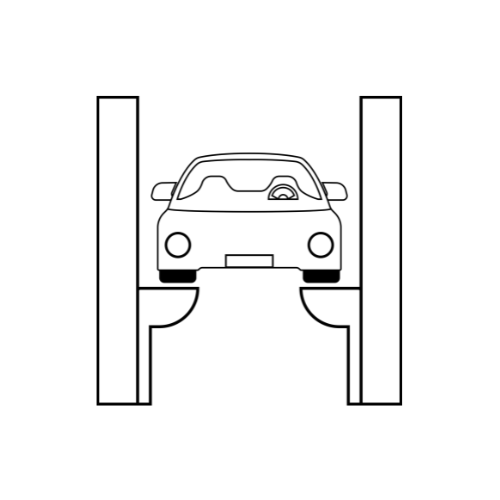Which one is better: Linux or Windows?
When it comes to choosing an operating system, the debate between Linux and Windows has been ongoing for decades. Both operating systems have their ardent supporters and offer unique advantages and disadvantages.
In this post, we’ll dive into the key differences, strengths, and weaknesses of each to help you decide which might be the better choice for you.
Overview
Linux is an open-source operating system known for its stability, security, and flexibility. It is used widely in servers, supercomputers, and embedded systems. There are many distributions (or “distros”) of Linux, such as Ubuntu, Fedora, and Debian, each catering to different needs and preferences.
Windows, developed by Microsoft, is the most widely used operating system for personal computers. Known for its user-friendly interface, extensive software compatibility, and robust support, Windows is often the go-to choice for everyday users, gamers, and businesses.

Key Differences
1. Cost
- Linux: Free. Most Linux distributions are open-source and can be downloaded and used without any cost. This makes Linux an attractive option for those looking to minimize expenses.
- Windows: Paid. Windows typically requires a license, which can be a significant cost, especially for businesses needing multiple licenses.
2. User Interface
- Linux: Varies. The user interface can differ significantly between distributions. While some, like Ubuntu, offer a user-friendly experience, others may be more challenging for those unfamiliar with Linux.
- Windows: Consistent and user-friendly. Windows has a familiar interface that has been refined over many years, making it accessible to a wide range of users.
3. Software Compatibility
- Linux: Limited for some applications. While there are many Linux-compatible applications and open-source alternatives, some popular software, particularly commercial applications and games, may not be available or may require workarounds.
- Windows: Extensive. Windows boasts compatibility with a vast range of software, including most commercial applications and games, making it a preferred choice for many users.
4. Security
- Linux: Highly secure. Linux’s open-source nature allows for constant scrutiny by the community, leading to rapid identification and fixing of vulnerabilities. It’s also less targeted by malware compared to Windows.
- Windows: Improved but still targeted. Windows has made significant strides in security over the years, but it remains a prime target for malware and cyberattacks due to its widespread use.
5. Performance and Customizability
- Linux: Highly customizable. Users can tweak almost every aspect of the OS to optimize performance and functionality for their specific needs. This makes Linux a popular choice for servers and advanced users.
- Windows: Limited customizability. While Windows offers some level of customization, it is not as flexible as Linux. However, it provides a stable and optimized environment for general use.
6. Support and Community
- Linux: Community-driven. Support is primarily available through forums, online communities, and documentation. Professional support is available for certain distributions but may come at a cost.
- Windows: Professional support. Microsoft offers extensive official support, including customer service and regular updates. There is also a large user community that can offer help.
Use Cases
- Linux: Ideal for servers, developers, system administrators, and those who prioritize security and customizability. It’s also a good choice for users who want a free operating system or enjoy experimenting with technology.
- Windows: Best for general users, gamers, businesses, and those who require specific commercial software. Its ease of use and extensive software compatibility make it suitable for a wide audience.
Conclusion
Deciding whether Linux or Windows is better depends largely on your specific needs and preferences. Linux offers unparalleled customizability, security, and cost benefits, making it a strong contender for tech-savvy users and specific professional environments. On the other hand, Windows provides a user-friendly interface, broad software compatibility, and robust support, making it an excellent choice for general users and businesses.
Ultimately, the best choice is the one that aligns with your requirements and comfort level. If possible, try both operating systems to see which one fits your workflow and preferences best
